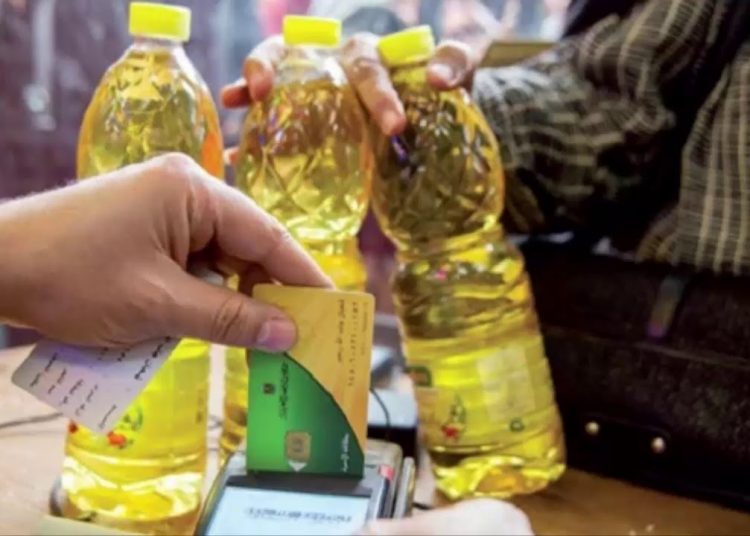Egypt’s spending on subsidised ration goods rose by 8.4 per cent, year-on-year, in the first quarter of fiscal year 2023/24, according data from the Ministry of Finance.
The state spent LE18.25 billion on subsidised commodities between July to September 2023, up from LE16.83 billion in the corresponding period a year earlier, according to data from the Ministry of Finance.
The state’s spending on subsidies, grants and social benefits rose to LE95.16 billion, compared to LE63.02 billion in Q1 of fiscal year 2022/23.
These expenses comprised LE30.02 billion for subsidies, LE61.6 billion for social benefits, and LE3.18 billion for grants.
The state’s total expenses jumped to LE790.86 billion in Q1 of fiscal year 2023/24, up from LE466.41 billion in the corresponding period last year, according to data from the Ministry of Finance.
It is crucial to have long-term social security programmes in order to ensure that low-income brackets are protected from spiraling inflation in the future. That’s why the Egyptian government has taken a number of measures to increase social protection programs in a bid to shield poor families from the impacts of global inflation.
The government has increased allocations for subsidies, grants, and social benefits by 48.8 per cent to LE529.7 billion in state budget for fiscal year 2023/24, starting July 1.
Purchasing power of the pound
However, the main objective should be how to boost the purchasing power of the pound in the long run. By all means, the social protection network should guarantee a sustained increase in the people’s real incomes in terms of commodities and services.
However, it is better to understand why social protection is a must. First of all, it helps to reduce poverty and inequality by providing support to vulnerable groups such as the elderly, children, and people with disabilities. Social protection programs can include cash transfers, food assistance, health care services, and education subsidies.
It also promotes economic growth by providing a safety net for individuals and families during times of economic hardship. This can help to prevent people from falling into poverty and reduce the negative impact of economic shocks on the wider economy.
Therefore, the Egyptian government is working on inclusive growth can ensure income equality and combat poverty in the long run.
The ultimate goal is to narrow income inequality. The long-term objective is to combat poverty and broaden the scope of socioeconomic development, ensuring that the majority of citizens benefit from growth in the medium and long terms.
The inclusion of growth will in time reduce reliance on social protection programmes. Higher inclusion will minimise reliance on social protection programs and vice versa.






Discussion about this post